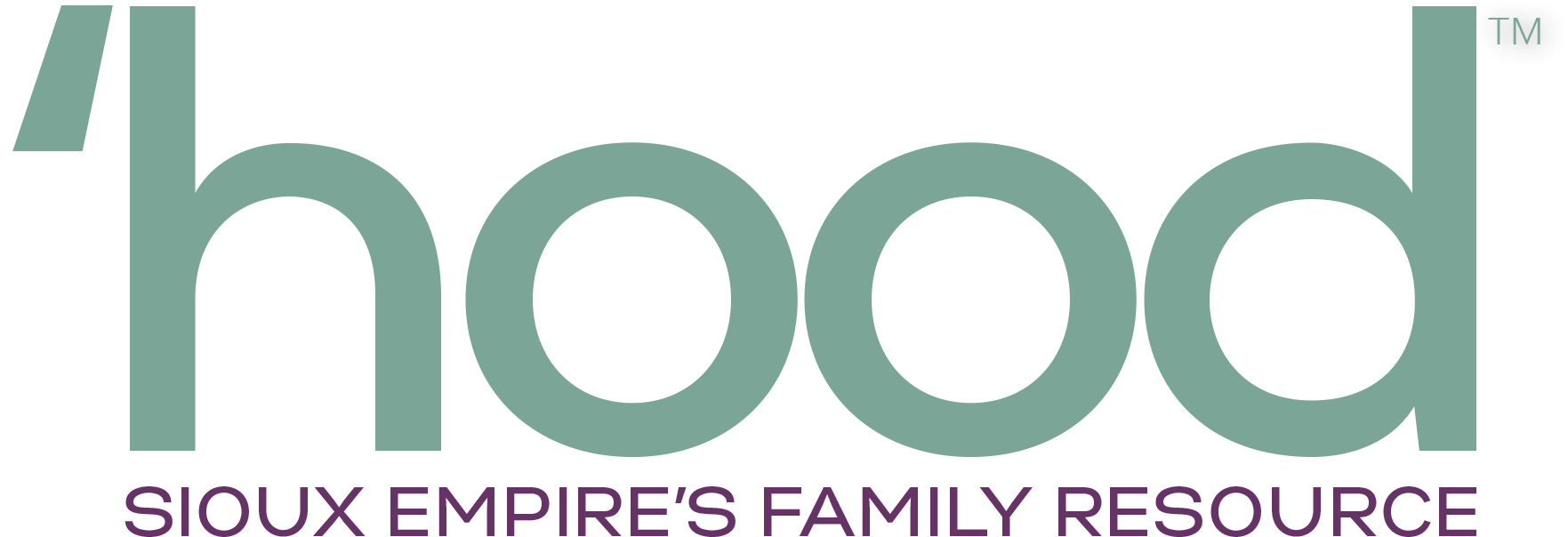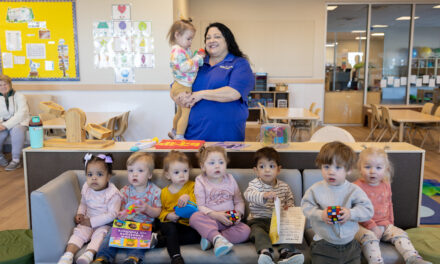‘hood Magazine is an Amazon Associate and earns from qualifying purchases.
For many families, the 4th of July is filled with cookouts, sparklers, parades, and popsicles. We love all the fun treats (like these Patriotic Jell-O Treats), fireworks shows, and family traditions around the 4th. But beyond the red, white, and blue festivities lies a rich story about American history and freedom — one that’s worth sharing with our kids.
Helping children understand why we celebrate Independence Day gives meaning to the holiday and connects them to the values our country was built upon. Whether your child is in preschool or upper elementary, there are simple, age-appropriate ways to explain why the 4th of July matters.
So, What Are We Celebrating?
On July 4, 1776, the Continental Congress officially adopted the Declaration of Independence, a document declaring the 13 American colonies free from British rule. This bold step marked the birth of a new nation — the United States of America. The day is now celebrated every year with pride and patriotic spirit.
Kid-Friendly Explanation:
You might say: “A long time ago, America was ruled by a king far away in England. People here wanted to make their own rules and live in freedom. On July 4th, they said, ‘We are our own country now!’ and that’s why we celebrate — because it was the beginning of our freedom.”
Why Talking About the 4th of July Matters
It’s easy to get caught up in the fireworks and fun, but helping our children understand why we celebrate the 4th of July gives them a foundation for becoming thoughtful, engaged citizens. When we take the time to talk about the past, we’re doing more than sharing facts — we’re teaching values.
Understanding history helps kids develop a sense of identity and perspective. It shows them how far we’ve come as a country and what sacrifices were made for the freedoms we enjoy today. These aren’t just stories from long ago — they are the roots of the rights, opportunities, and responsibilities we have now.
When kids learn about the bravery, debates, and dreams that shaped our nation, they begin to appreciate the importance of freedom, democracy, and the power of people working together for change. They also start to see that history isn’t just something in books — it’s a living story that we’re still writing today.
In a world where civic understanding is more important than ever, talking about the 4th of July is a great way to start building that knowledge early. Even simple conversations about why the day matters can help spark curiosity and pride in being part of something bigger than ourselves.
How to Talk About It with Kids
- Use Storytelling: Younger children respond well to simple stories. There are lots of children’s books that bring history to life (see book recommendations below).
- Draw Connections to Freedom: Ask your child what freedom means to them — like choosing what to wear or what game to play. This helps them understand the concept in a relatable way.
- Talk About Traditions: Fireworks, parades, and patriotic songs are all traditions that started in honor of our independence. Discuss how we use these to celebrate the country’s birthday.
Resources to Learn More Together
- National Archives: The Declaration of Independence
This is where the original document is preserved. You can view it online and read a kid-friendly version with older children. - Smithsonian: 4th of July Facts for Kids
Great for learning fun facts and seeing real artifacts from the time period. - Mount Vernon’s Independence Day for Kids
Offers interactive activities and history geared toward elementary-age children. - PBS LearningMedia – Independence Day
Videos and short lessons appropriate for different grade levels.
Children’s Books to Read Together
- “The Story of America’s Birthday” by Patricia A. Pingry – Perfect for preschoolers and toddlers.
- “What Is the Declaration of Independence?” by Michael C. Harris is part of the Who Was/What is series and great for elementary kids.
- “You Wouldn’t Want to Be at the Boston Tea Party!” by Peter Cook – A fun, engaging look at events leading up to independence.
Make It Meaningful
After your discussion, consider tying in a simple activity or tradition:
- Make a red, white, and blue craft. (Like these Patriotic Wands)
- Bake a flag-themed snack.
- Write a thank-you card to a local veteran.
Teaching your kids why we celebrate the 4th of July doesn’t need to be complicated. By sharing the story of our nation’s beginnings, we help raise informed and appreciative citizens who understand the deeper meaning behind the sparkle of Independence Day.





